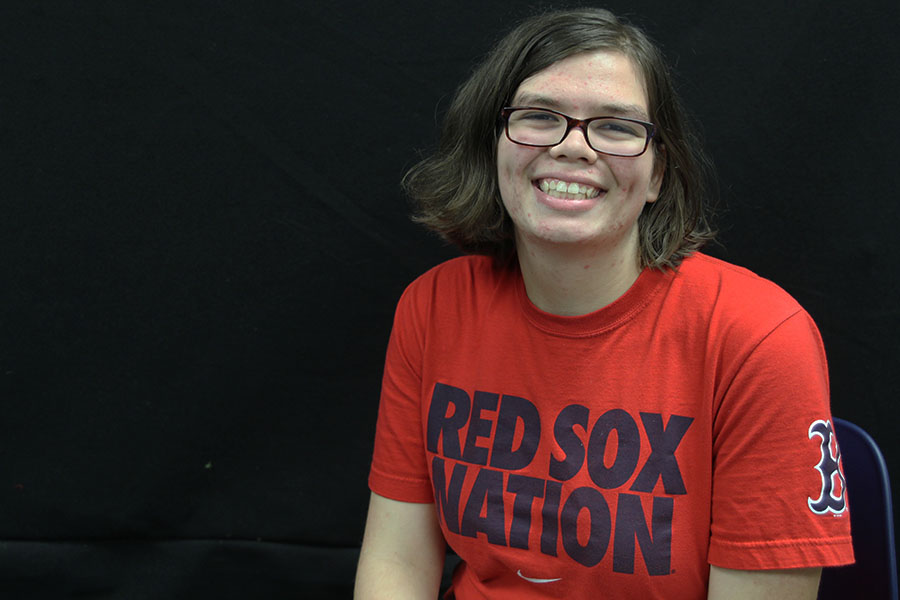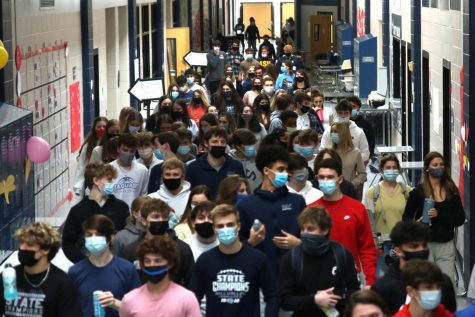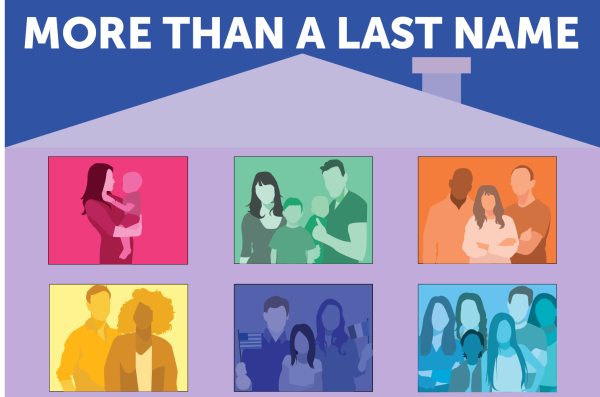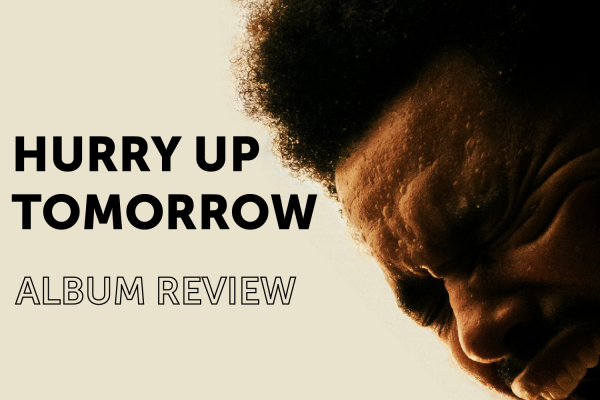Rape culture contributes to an unacceptable victim-blaming problem
Victims of Maryville rape case shouldn’t be ignored
A 14-year-old girl and her 13-year-old friend have a sleepover, drink some alcohol and sneak out to go meet up with some boys. They are allegedly raped, which is partly recorded on video. The older girl is left on her driveway afterward, unconscious in 22-degree weather. Almost a year and a half later, the Kansas City Star releases a story describing the events of the night and the controversial dropping of charges against the alleged rapists.
This story was shocking to read, but not purely because of the case itself. What really disturbed me was the amount of blame and hate against the victims. Daisy Coleman, the 14-year-old girl, received an onslaught of negative tweets and comments, saying she “asked for it” and that those writing them hoped she “gets what’s comin,” according to the Star article. A girl wore a homemade shirt to a dance competition reading “Matt 1, Daisy 0,” Matt being Matthew Barnett, the boy who allegedly raped Coleman.
I’m not one to defend drinking or sneaking out. Both are bad ideas by themselves, and they are a recipe for disaster when combined. But no matter how many bad decisions the two girls made that night, the last thing anyone should say is they “deserved what happened to them.” Whether or not you believe a crime was committed that night, the girls’ drinking doesn’t excuse the actions taken by the boys that they met up with.
Looking from the outside makes it easy for one to say that the victim-shaming these girls experienced is horrible, but one doesn’t have to directly say “you had it coming” to a victim to be a part of the rape culture problem. According to the Rape, Abuse and Incest National Network, one in every six women and one in every 33 men have experienced a complete or incomplete rape, and 44 percent of these victims are under the age of 18. These victims live in a rape culture where rape jokes are considered funny, songs condoning sexual assult such as pop singer Robin Thicke’s “Blurred Lines” are best-sellers, and the phrase “our team raped the other team” means the team won, equating rape to something positive. Men and women are both guilty of contributing to this culture in which those who sexually assult others feel praised. Both can – and should – change their ways to make a better environment for those who are or have been affected by assault.

This is Katherine's third year on staff, and she is excited to work on the newspaper with a great staff this year. She is also involved in band, quiz bowl and literary magazine. When she is not in the journalism room or practicing an instrument, she is probably daydreaming about being in Disney World.













Kaitlin Rounds • Nov 13, 2013 at 5:18 pm
Great piece Katherine! You’re clearly very well researched on the topic and also incredibly well spoken. Way to add a mature, rational voice to an issue that seems to be lacking in those